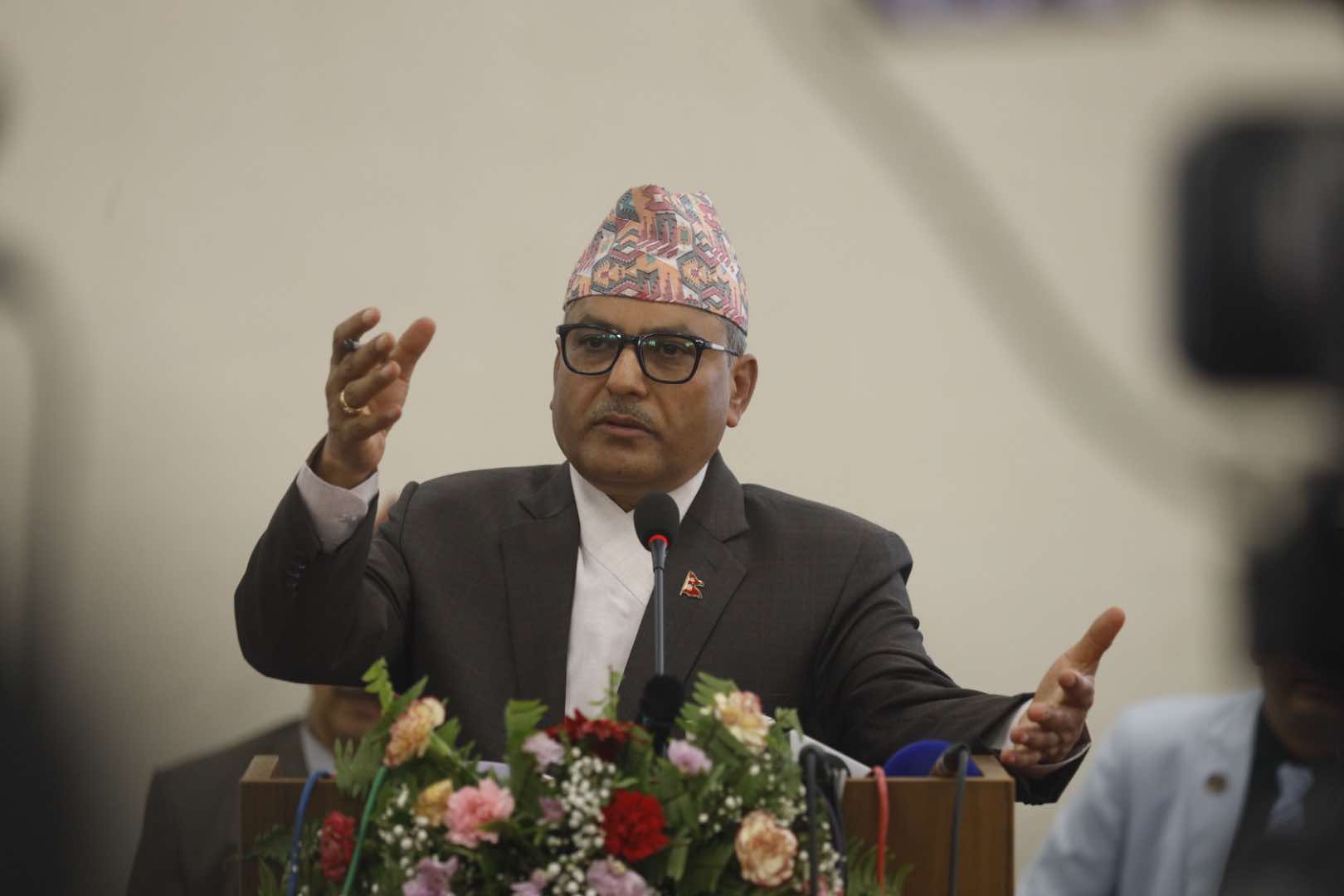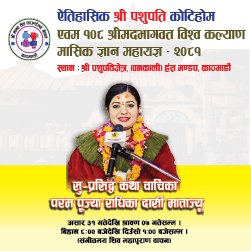Re-Indian Interdiction on Nepali Tea
We use Google Cloud Translation Services. Google requires we provide the following disclaimer relating to use of this service:
This service may contain translations powered by Google. Google disclaims all warranties related to the translations, expressed or implied, including any warranties of accuracy, reliability, and any implied warranties of merchantability, fitness for a particular purpose, and noninfringement.


India has again created obstacles in the import of Nepalese tea. India, which has been continuously blocking Nepali agricultural production under the pretext of quality testing, has targeted Nepali tea and has tightened the import again, according to the tea industry.



Ram Prasad Regmi, Head of Mechi Customs Office, said that Panitanki Customs has imposed unnecessary confusion on Nepalese tea for about a month. "There was an order not to leave all imported Nepalese tea without quality testing," he said.
The order was issued by the Directorate of Agriculture under the West Bengal Government. Customs agent Roshan Agarwal, who has been facilitating the export of hundreds of tons of tea stored at Mechi Customs and India's Panitanki customs premises due to Indian blockade, said. "In the past, there was a random check of one vehicle, now every consignment has to be checked," he said.
Tea industrialist Uday Chapagai claims that India has deliberately set up barriers to tea. Especially the Darjeeling Tea Board has repeatedly requested the Bengal government not to import Nepalese tea. "That's why it is clear that he is going to stop tea under the pretext of quality testing," he said.
Chapagai said that the Bengal government has been raising questions about the quality of Nepali tea since the past with the help of various media. "The misleading propaganda that Nepali tea is of poor quality and inedible is being spread all over India, this is a serious matter," said Chapagain, "there is no alternative to the government taking diplomatic initiatives to facilitate the export of tea." She raised the matter in the parliament to stop the import immediately. Before that, the Darjeeling Tea Association in 2017 also met the then Indian President Pranab Mukherjee and submitted a memorandum to stop the import of Nepalese tea.
Aditya Parajuli, president of Nepal Tea Producers Association Jhapa, said that some Indian businessmen are trying to defame the quality of tea by creating unnecessary confusion about Nepali tea. According to him, Nepali tea is being tested at the Central Food Laboratory of India. "Our tea is by no means inedible, but there is a problem of pesticides in India's tea," said Parajuli. Some Indian traders have been exporting Nepali tea to third countries under the brand of Darjeeling tea. 80 percent of the tea produced in Jhapa and Eelam is marketed in India. Only 20 percent is domestic consumption. About 4 to 5 billion worth of tea is being exported to India annually, according to the Mechi Customs Office.
 प्रकाशित : वैशाख ९, २०८१ ०७:५०
प्रकाशित : वैशाख ९, २०८१ ०७:५०

 २६.१२°C काठमाडौं
२६.१२°C काठमाडौं
















